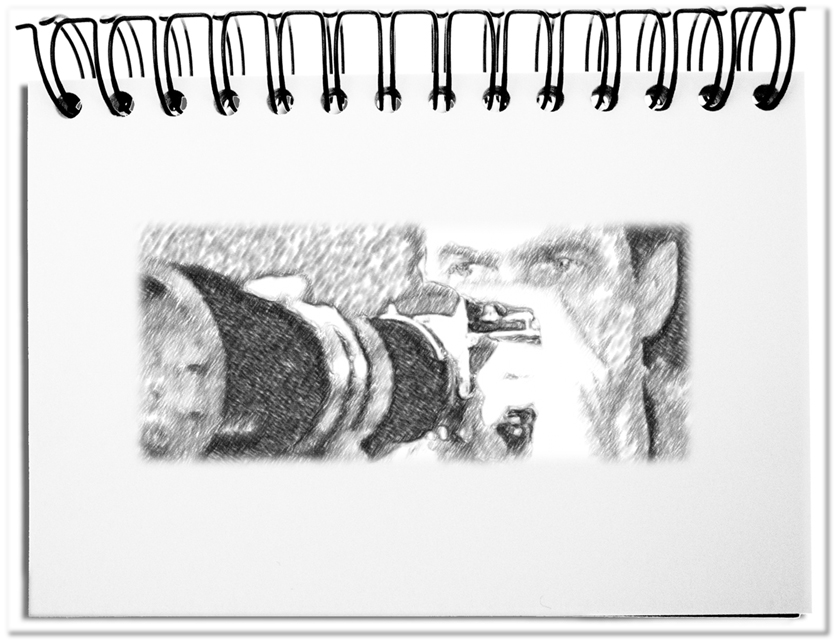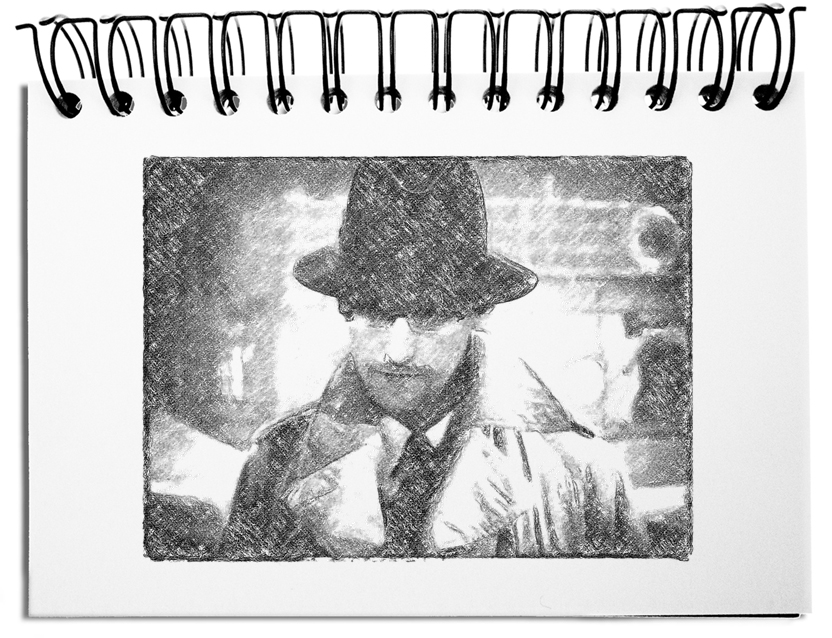That crimes are kept secret is part of the offence. Revealing and punishing it is in the interest of most people – except the perpetrators. In everyday life, however, things look different. This can be seen in the legal situation, whether a crime must be reported or not. Society actually has an interest in persecuting crimes. However, the so-called whistleblowers would need a clear legal situation. Although we are talking in Germany about the duty of disclosure, according to which confidants make themselves liable to prosecution. At the same time, many employees of companies and governmental authorities are contractually bound to secrecy. However, the existing laws only seem to apply in advance (see in German Criminal Code (StGB) § 138 Non-notification of planned criminal offences, Law against Unfair Competition (UWG) § 17 Betrayal of Business and Trade Secrets). How are we supposed to behave?
Since this is a legal issue, the legislator should provide clarity so that the informants who detect such offenses do not get stuck in the dilemma of exposing a crime and at the same time being prosecuted for secret treason.
- Crime
Serious violations of the legal system are called crime that are normally prohibited in all jurisdictions – but only if you get caught. - Duty of disclosure
An obligation to report would exist, if someone had knowledge of a criminal fact. However, as already indicated, in Germany this duty of disclosure seems to exist only before the offence is committed (see Criminal Code (StGB) § 138 Non-notification of planned criminal offences). This is to prevent the crime. But, what if the crime has already been committed? Does that mean you don’t have to report crimes afterwards? This would be bad news for the whistleblowers, as they usually become active after the event. - Secret
A secret is a fact that is kept hidden from the public. The larger the circle of confidants, the more difficult it becomes to prevent the information leakage. Therefore enterprises and state institutions secure themselves with appropriate secret agreements (see also Law against Unfair Competition (UWG) § 17 Betrayal of Business and Trade Secrets). In the end, employees who disclose internal information, regardless of whether it is about legal or illegal aspects, are liable to prosecution – think about the Diesel affair, tax CDs or corruption. - Whistleblowers
In the eye of the public, these unveilers of secret information are ethical role models who are committed to the common good when they uncover criminal activity. They operate without safety-net at their own risk.
To what extent illegal secrets are entitled to protection is in the eye of the beholder. The tax authority that receives as a result back payments, will welcome the hints. The international community that can prove against a state that it has violated human rights is well served by internal information. The uncovered perceives it quite differently and will do everything to punish the whistleblowers. The double standard that goes along with this becomes visible when only war criminals from weak states are called to account – The little ones are hanged and the big ones are left to run. If any information is beneficial for me, the whistleblower is welcome. If a data leakage exposes me, I guess not. For the common sense of justice, this is an untenable condition.
Bottom line: Whistleblowers are walking on thin ice. Although society proclaims that there is a moral duty to reveal misconduct, the laws do not protect the revealers. There is neither an obligation to report, nor is one protected from a charge of treason. For an information society it is dubious, if the secrecy of illegal activity is promoted and protected by lack of laws.
P.S.: No good prospects for Julian Assange, who made it possible to take a look behind the perpetrators’ facade.


